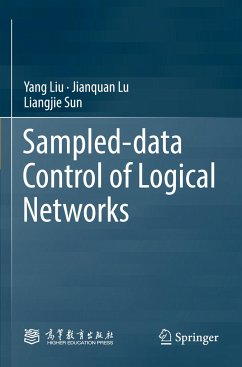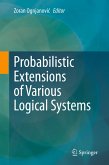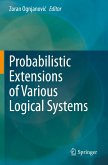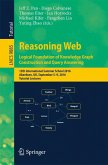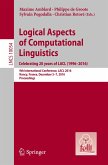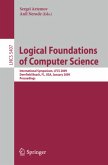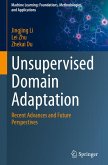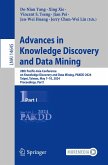This book mainly focuses on the sampled-data control of logical networks. We believe that the methods (semi-tensor product of matrices), results (recent results on Boolean control networks under periodic sampled-data control, Boolean control networks under aperiodic sampled-data control, and logical control networks under event-triggered control) and topics (logical networks) in this book have become of particular interest to readers recently. Firstly, logical networks are of interest due to their rich range of applications in biology, game theory, coding, finite automata, graph theory, and other fields. Secondly, semi-tensor product of matrices offers a useful tool for formulating, analyzing and designing controllers for logical networks. Moreover, this book is the first to introduce sampled-data control into the study of logical control networks. All research results in this book are novel and worthy of further study.
The book's content is divided into three parts (Boolean control networks under periodic sampled-data control, Boolean control networks under aperiodic sampled-data control, and logical control networks under event-triggered control), which essentially progress from easier to more difficult. In addition, corresponding examples and diagrams are included in each section to facilitate understanding.
The book's content is divided into three parts (Boolean control networks under periodic sampled-data control, Boolean control networks under aperiodic sampled-data control, and logical control networks under event-triggered control), which essentially progress from easier to more difficult. In addition, corresponding examples and diagrams are included in each section to facilitate understanding.
"The key feature of the book is the conversion of the dynamics of a control network to its algebraic representation based on the so-called semi-tensor product (STP) of matrices. ... Many numerical examples with real-world motivations are prepared to help readers digest the theoretical results." (Qianchuan Zhao, Mathematical Reviews, February, 2024)
"In this book, the authors investigate sampled-data control of logical networks. More precisely, they cover the most updated results on sampled-data control of Boolean networks, including the authors' contributions. In addition, many illustrative examples are provided." (Savin Treanta, zbMATH 1519.93003, 2023)
"In this book, the authors investigate sampled-data control of logical networks. More precisely, they cover the most updated results on sampled-data control of Boolean networks, including the authors' contributions. In addition, many illustrative examples are provided." (Savin Treanta, zbMATH 1519.93003, 2023)

